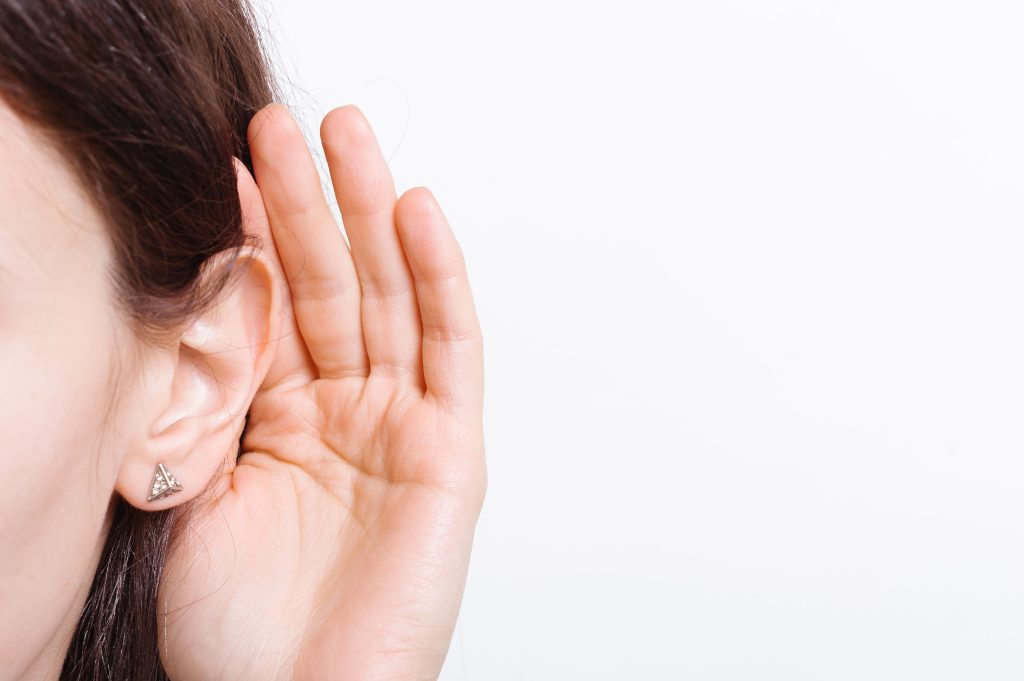The U.S. Food and Drug Administration (FDA) recently took a significant step toward enhancing patient safety by updating the warning label for Horizon Pharmaceutical’s drug, Tepezza. Tepezza is a medication used to treat thyroid eye disease (TED), a chronic condition associated with eye inflammation and related vision problems. This Tepezza warning label update includes important information regarding the risk of hearing impairment or hearing loss associated with Tepezza treatment. The addition of these warnings to the label aims to ensure that healthcare providers and patients are aware of the potential side effects and can make informed decisions about treatment options.
Understanding Tepezza and Thyroid Eye Disease
Thyroid eye disease is an autoimmune condition that affects the eyes. It is commonly associated with hyperthyroidism, a condition characterized by an overactive thyroid gland. The inflammation caused by TED can lead to various debilitating symptoms, such as bulging eyes, double vision, eye pain, and dryness. Tepezza, the brand name for teprotumumab-trbw, was approved by the FDA in January 2020 as the first medication specifically designed to treat TED. It has since gained popularity and become a blockbuster drug due to its effectiveness in managing the eye condition.The FDA’s Warning Label Update
The recent update to the Tepezza label by the FDA comes in response to growing concerns about potential hearing-related side effects associated with the medication. Lawsuits filed against Horizon Pharmaceuticals allege that the initial warning labels did not adequately disclose the risk of hearing complications from Tepezza injections. While permanent hearing loss had been observed during clinical trials, this serious side effect was not previously included in the official warnings. The FDA’s decision to update the warning label reflects a step forward in ensuring patient safety and providing comprehensive information to healthcare providers prescribing Tepezza and patients taking the drug. The updated warning label for Tepezza now includes a specific section dedicated to the potential risk of hearing impairment and hearing loss. According to the FDA, there is a risk of severe hearing impairment, including hearing loss, associated with Tepezza treatment. In some cases, this impairment may be permanent. Healthcare providers are advised to assess patients’ hearing before, during, and after treatment with Tepezza, in order to monitor for potential hearing damage. The benefit-risk ratio should be carefully considered on a patient-by-patient basis, taking into account the potential for hearing-related adverse effects.The Implications for Patient Care
With the official inclusion of hearing loss and hearing impairment warnings on the Tepezza drug label, it is clear that healthcare providers must be vigilant in monitoring patients’ hearing during treatment. Experts say that regular assessments before, during, and after Tepezza therapy may help detect any changes in hearing function that could be related to the drug treatment. Patients are advised to promptly report any concerns about hearing to their healthcare providers to facilitate timely intervention and avoid the possibility of experiencing permanent hearing damage.Research Findings and Prevalence of Hearing-Related Adverse Events
A recent study published in the medical journal Endocrine Practice sheds light on the prevalence of hearing-related adverse events associated with Tepezza. Out of 121 patients involved in the study, 16% reported experiencing hearing issues such as tinnitus, hearing loss, hyper/hypoacusis (distorted hearing sensitivity), autophony (hearing one’s own voice echoing loudly in the ears), or eustachian tube dysfunction (the valve of the eustachian tube does not open properly). These findings further highlight the importance of monitoring hearing function in patients undergoing Tepezza treatment.The Global Impact: Considerations for Regulatory Agencies
The FDA’s decision to update the Tepezza warning label raises questions about the extent to which this important safety information was considered during the drug’s approval process in other countries. For example, the Brazilian Health Regulatory Agency (ANVISA) recently approved the use of Tepezza in Brazil for the treatment of thyroid eye disease. It is crucial for regulatory agencies worldwide to review the updated label information and consider the potential impact on patient safety in their respective regions.Ensuring Patients, Doctors Have Access to Side Effect Information
The FDA’s addition of hearing loss and impairment warnings to the Tepezza label highlights the importance of healthcare providers and patients having access to comprehensive information about potential drug side effects. We now know that monitoring patients’ hearing before, during, and after Tepezza treatment is crucial to timely detection and intervention in cases of hearing-related adverse events. Before prescribing Tepezza, healthcare providers must weigh the benefits and risks of treatment for each patient and inform them about the potential for hearing complications. By increasing awareness and providing accurate information, regulatory agencies and healthcare professionals can continue to prioritize patient safety and optimize the use of Tepezza in managing thyroid eye disease.Tepezza Lawsuit Information
Tepezza lawsuits are alleging a connection between the thyroid eye disease medication and permanent hearing loss. Learn more by clicking on the button.
FREE
Article Reference(s) : 2
US Food and Drug Administration, Tepezza Prescribing information
Endocrine Practice, Hearing-Related Adverse Events and Quality of Life Assessments in Thyroid Eye Disease Patients Treated with Teprotumumab
Endocrine Practice, Hearing-Related Adverse Events and Quality of Life Assessments in Thyroid Eye Disease Patients Treated with Teprotumumab

